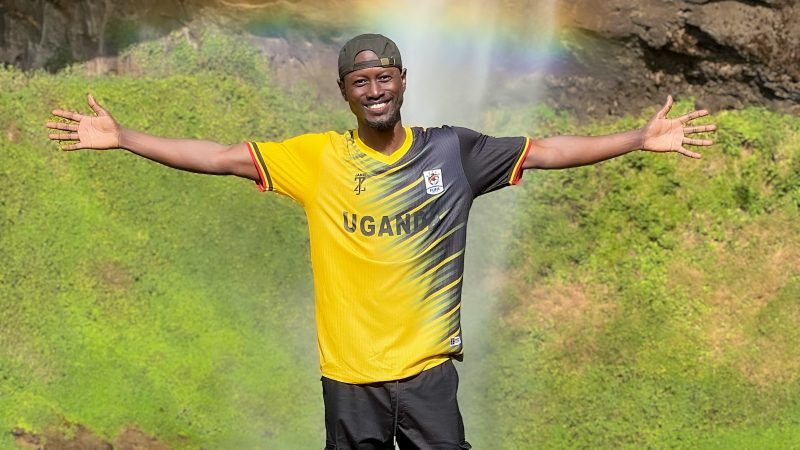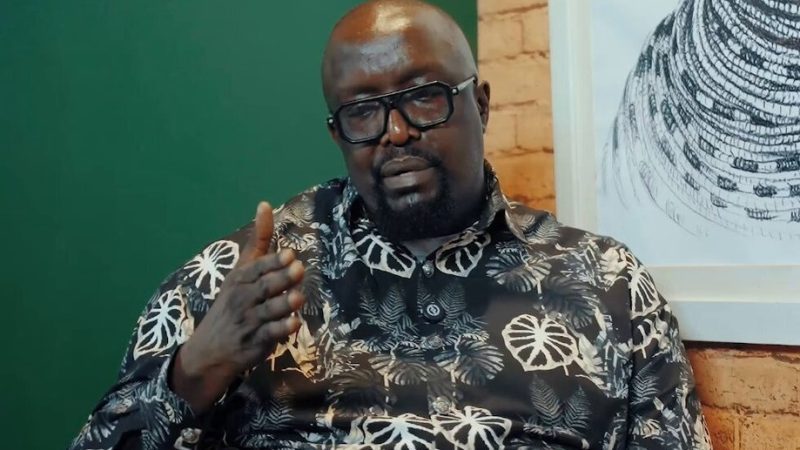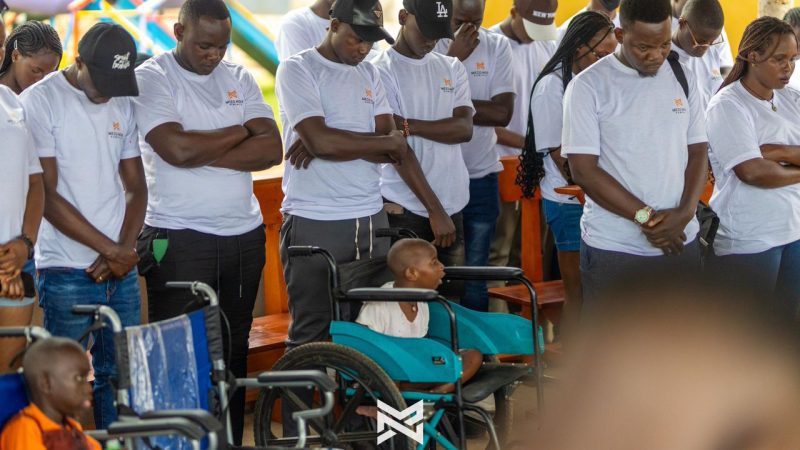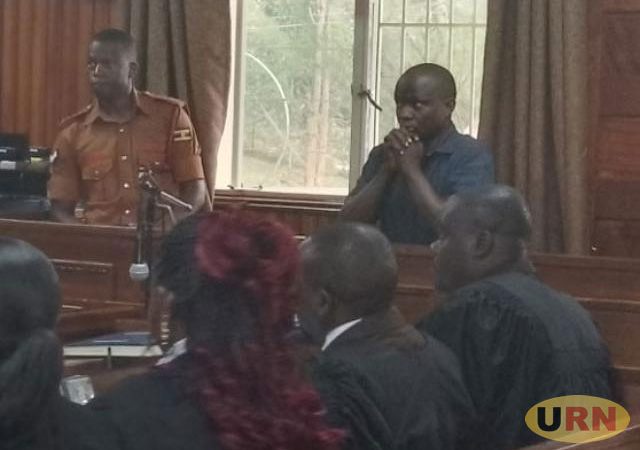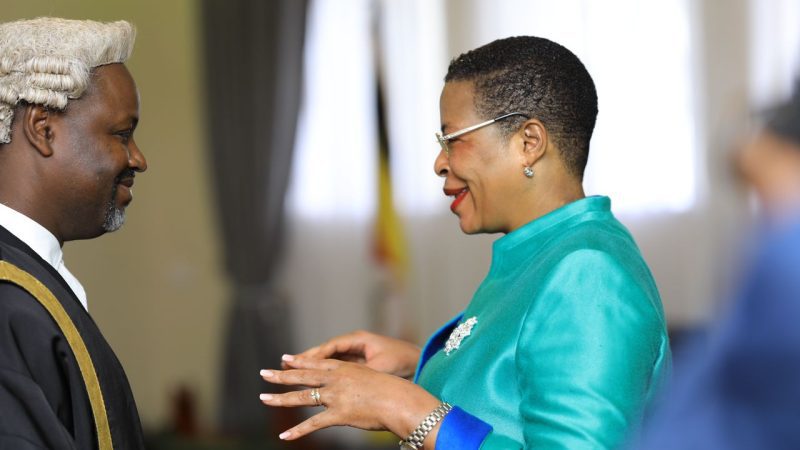As the country mourns the death of veteran politician Maj (Rtd) Edward Rurangaranga, a section of muslims in his home district of Sheema in western Uganda are not grieving.
The muslims in the areas of Itendero, Kiziba, Rwengando and Kaninga in Kagango Subcounty have remember Rurangaranga with sad memories.
In his book, “The Teeth May Smile but the Heart Does Not Forget: Murder and Memory in Uganda”, author Andrew Rice writes this of Rurangaranga’s relationship with dictator Idi Amin’s muslim-dominated government: “Rurangaranga was a familiar figure to the villagers. During Milton Obote’s (first) regime, he had represented them as an elected official. Like so many others, he had been targeted after the 1972 rebel attack on Mbarara. Soldiers had stuffed him into the trunk of a car.
“They had left him confined there while they’d eaten lunch at a restaurant belonging to a sympathetic Muslim businessman, Hajji Abbas Kayemba, who had advised them that Rurangaranga was like a safari ant: a biting insect that had to be exterminated. The soldiers had then taken their prisoner to the wooded banks of the Rwizi River, where he had broken loose. He had been shot multiple times as he made a dash for the water. Left for dead, his pelvis shattered, Rurangaranga had floated downstream, and had found his way home before managing to escape into exile, where he had nursed his wounds and his grudges for seven years.”
But when Obote toppled Amin’s rule in April 1979, “Now he [Rurangaranga] was back in Ankole and seeking redress…Abbas Kayemba was one of the local Muslims who had recently been murdered.”
The Sheema muslims also point to Rurangaranga’s statement at the fall of Amin’s reign of terror as a resolve to revenge against the muslim community.
According to another account, during a public rally held at Kibingo sub-county Headquarters on April 11, 1979, the day on which Kampala was captured, Rurangaranga, then one of the members of the Uganda National Liberation Front (UNLF), and Assistant District Commissioner of Bushenyi, addressed a rally where he told the gathering of the experience he and others had had under Amin and “his people”. “His people” was interpreted to mean “Muslims”.
He wound up his speech with a metaphor-laced statement in Runyankore-Rukiga: “Tutemire omuti; kiri aharimwe kukongoora amataagi”.
The loose translation of this statement is: “We have felled the tree and it is up to you people to cut off the branches.
According to the local Muslim community Rurangaranga’s statement meant that t Amin was the tree and the Muslims were the branches.
“The tree was Amin and the branches were Aminism – corruption, murder, stealing which I was calling on people to resist and fight. All these were vices, which had polluted Ankole society and were due to Amin’s influence. My statement did not mean Muslims at all. It was misquoted,” Rurangaranga would later say.
But the Muslims to date accuse Rurangaranga of orchestrating a blood bath against them, especially in the villages of Itendero, Kiziba, Rwengando and Kaninga in Kagango Subcounty, Sheema district.
Until today, locals claim that Rurangaranga was behind the killing of scores of Muslims whose bodies were dumped in a stream called Kaninga.
Local accounts also say that survivors such as Hajji Miiro, Hajji Musa Mabuye and Sheikh Massud Ssemugenyi fled for their dear lives in the wake of Rurangaranga’s vengeance against Muslims.


